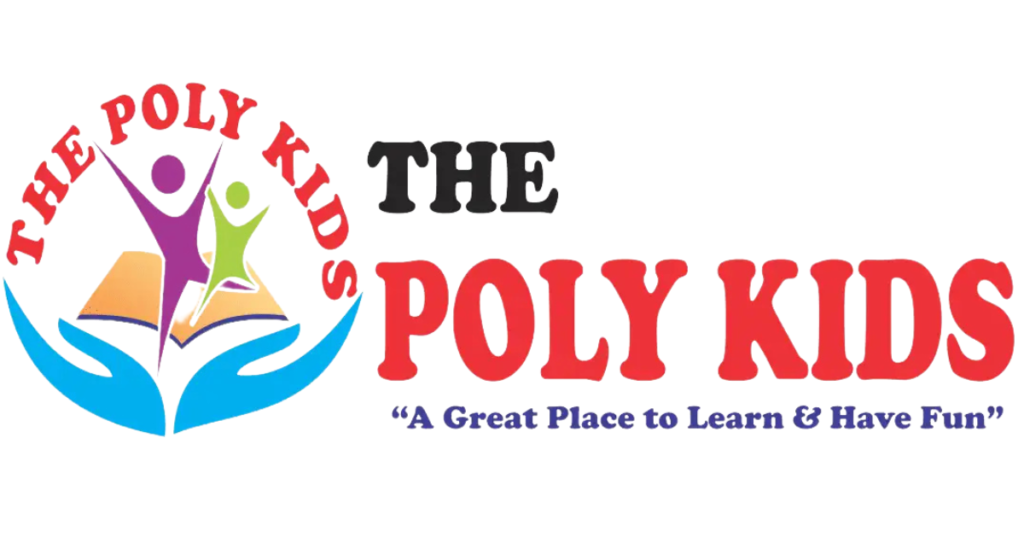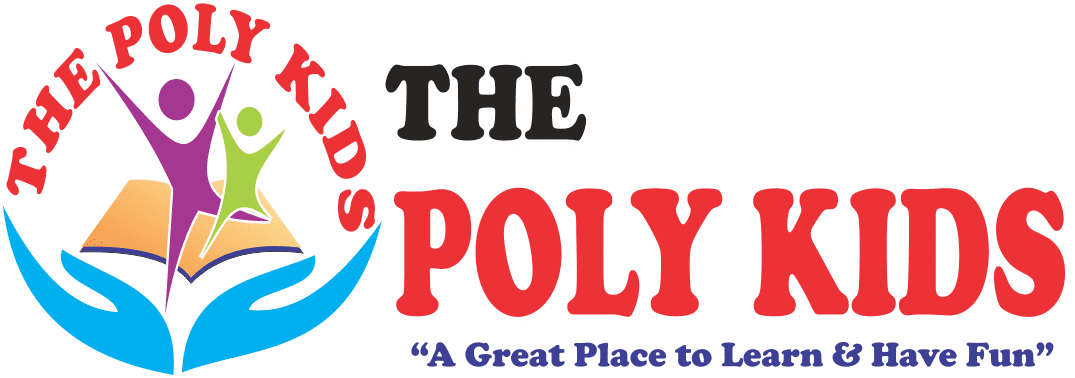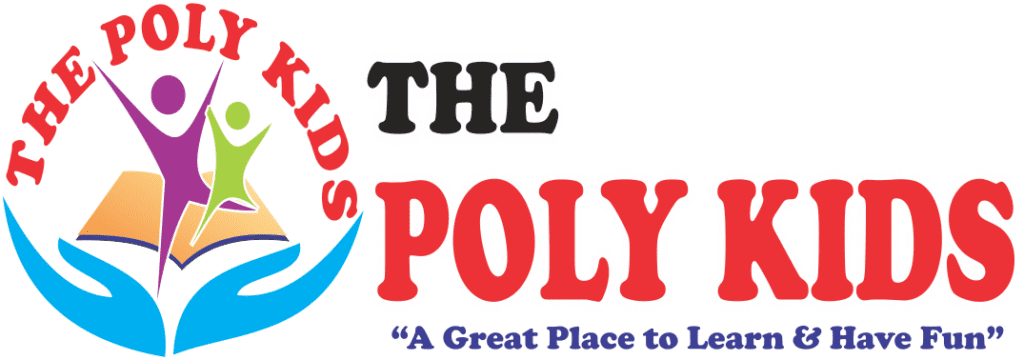Nurturing Eco-Consciousness in Early Learners
Introduction: In today’s rapidly changing world, environmental education plays a vital role in shaping young minds to become stewards of the planet. As the best preschool franchise, we understand the significance of integrating environmental education into early childhood curriculum. In this blog post, we’ll explore the importance of environmental education in preschool settings and how the best preschool franchise incorporates eco-conscious practices into its programs.
-
Understanding Environmental Education:
- Environmental education involves teaching children about the natural world, ecosystems, biodiversity, conservation, and sustainable living practices.
- It aims to instill a sense of environmental stewardship, empathy for nature, and a commitment to protecting the planet.
-
Hands-On Learning Experiences:
- The best preschool franchise provides hands-on learning experiences that immerse children in nature, such as gardening, nature walks, and wildlife observation.
- Through direct interaction with the environment, children develop a deeper appreciation for nature and gain firsthand knowledge about ecological systems.
-
Exploration of Local Ecosystems:
- Our curriculum includes exploration of local ecosystems, such as forests, rivers, parks, and gardens, to help children understand the interconnectedness of living organisms and their habitats.
- Field trips and outdoor excursions offer opportunities for children to observe, question, and learn from the natural world around them.
-
Introduction to Environmental Concepts:
- Children are introduced to fundamental environmental concepts such as recycling, energy conservation, water conservation, and waste reduction through age-appropriate activities and discussions.
- These concepts are integrated into daily routines and classroom practices to foster environmental awareness from an early age.
-
Nature-Based Art and Creativity:
- Art and creativity are woven into environmental education through nature-based art activities, where children use natural materials to create artwork inspired by their surroundings.
- This fosters creativity, imagination, and a connection to nature while promoting sustainable art practices.
-
Ecological Literacy in Curriculum:
- Our curriculum integrates ecological literacy across various subject areas, including science, math, language arts, and social studies, to provide a holistic understanding of environmental issues.
- Children learn about ecosystems, climate change, wildlife conservation, and environmental challenges through age-appropriate lessons and activities.
-
Sustainability Practices in Daily Life:
- The best preschool franchise encourages sustainability practices in daily life, such as reducing waste, conserving resources, and practicing responsible consumption.
- Children learn to recycle, compost, conserve water, and save energy, instilling eco-friendly habits that carry forward into adulthood.
-
Community Engagement and Partnerships:
- We collaborate with local environmental organizations, parks, and conservation groups to enhance children’s environmental learning experiences through guest speakers, workshops, and nature-based programs.
- Community partnerships provide opportunities for children to engage with environmental experts and learn about conservation efforts in their community.
-
Outdoor Classrooms and Nature Play Spaces:
- Our centers feature outdoor classrooms and nature play spaces designed to promote outdoor learning, sensory exploration, and nature-based play.
- These spaces provide children with opportunities for unstructured play, creativity, and connection with the natural world.
-
Environmental Awareness Events and Celebrations:
- We organize environmental awareness events and celebrations, such as Earth Day, Arbor Day, and World Oceans Day, to educate children about global environmental issues and inspire action.
- These events raise awareness, promote environmental advocacy, and encourage children to make a positive impact on the planet.
-
Emphasis on Biodiversity and Conservation:
- Children learn about the importance of biodiversity and conservation through activities focused on protecting endangered species, preserving habitats, and restoring ecosystems.
- Hands-on projects, such as creating wildlife habitats and planting native species, empower children to contribute to biodiversity conservation efforts.
-
Integration of Technology for Environmental Learning:
- Technology is integrated into environmental education through interactive apps, digital simulations, and virtual field trips that allow children to explore ecosystems and environmental concepts in immersive ways.
- Digital tools supplement hands-on experiences and extend learning beyond the classroom, fostering a deeper understanding of environmental issues.
-
Promotion of Outdoor Play and Physical Activity:
- Outdoor play is prioritized as part of environmental education, providing children with opportunities for physical activity, exploration, and connection with nature.
- Outdoor play spaces are designed to promote active play, imaginative exploration, and sensory experiences, enhancing children’s overall well-being.
-
Inclusion of Indigenous Knowledge and Perspectives:
- Indigenous knowledge and perspectives are integrated into environmental education to honor diverse cultural perspectives and traditional ecological knowledge.
- Children learn from Indigenous stories, traditions, and practices that emphasize respect for nature, sustainability, and harmony with the environment.
-
Parent and Family Involvement:
- Families are engaged in environmental education through parent workshops, family nature outings, and home-based sustainability projects that reinforce learning beyond the classroom.
- Parent and family involvement strengthens the connection between home and school, fostering a shared commitment to environmental stewardship.
-
Educational Resources and Materials:
- The best preschool franchise provides educational resources and materials that support environmental learning, including books, posters, videos, and educational games that promote eco-consciousness.
- These resources enhance the learning experience and provide children with opportunities to explore environmental concepts in engaging ways.
-
Staff Training and Professional Development:
- Educators receive training and professional development opportunities focused on environmental education pedagogy, outdoor learning strategies, and sustainability practices.
- Ongoing professional development ensures that staff are equipped with the knowledge and skills to deliver high-quality environmental education experiences to children.
-
Assessment and Evaluation of Environmental Learning:
- Environmental learning outcomes are assessed through observation, documentation, and reflection, allowing educators to monitor children’s progress and tailor instruction to individual needs.
- Assessment tools and portfolios capture children’s experiences, reflections, and achievements in environmental education, providing a comprehensive picture of their learning journey.
-
Continuous Improvement and Innovation:
- The best preschool franchise is committed to continuous improvement and innovation in environmental education, seeking out new strategies, technologies, and partnerships to enhance learning outcomes.
- We regularly evaluate and refine our environmental education programs based on feedback, research, and emerging best practices in the field.
Conclusion:
-
- In conclusion, environmental education is an essential component of early childhood curriculum, fostering eco-consciousness, environmental stewardship, and a sense of responsibility for the planet.
- As the best preschool franchise, we are dedicated to providing children with enriching environmental learning experiences that empower them to become lifelong advocates for sustainability.
- By integrating environmental education into our programs, we equip children with the knowledge, skills, and values to make positive contributions to environmental conservation and create a more sustainable future for generations to come.


